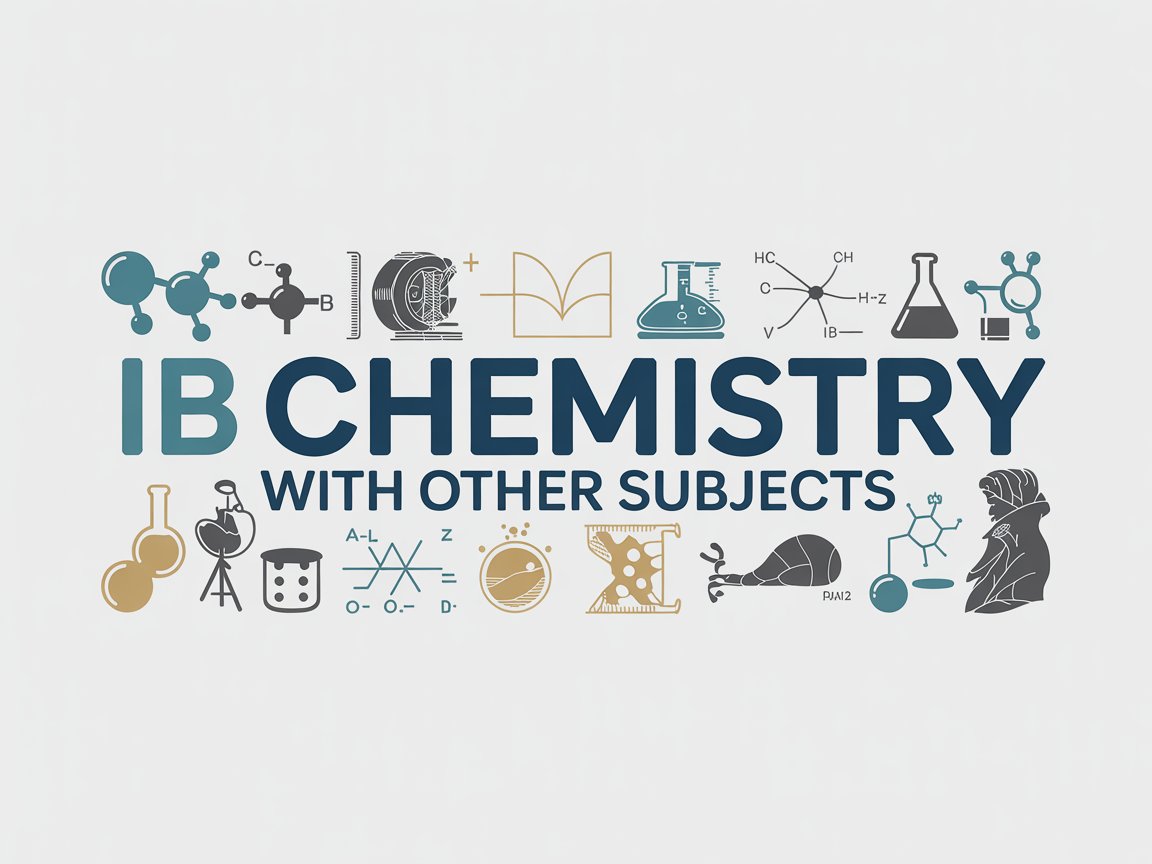Most IB students realise early that Chemistry doesn’t stay contained within its timetable. Lab reports spill into weekends, revisions overlap with assignments from other subjects, and the balance starts to slip before the term is halfway through.
Keeping Chemistry in alignment with the rest of the IB workload takes more than effort. It needs a practical approach that lets you move from equations to essays without losing focus. Students who manage this rhythm perform better across the board, not just in one subject.
Many students in Dubai find that structured support, such as IB chemistry tutoring in Dubai, helps them stay organised and focused. With the help of experienced tutors, the subject becomes manageable rather than overwhelming.
Plan Your IB Schedule Purposefully
When you plan your IB schedule, do it with purpose. Look at your week and decide what needs attention first, not what feels easiest. Keep Chemistry sessions spaced through the week instead of grouping them before tests. Add short daily reviews so ideas don’t fade between classes. A timetable made with this kind of intent gives structure to your study and leaves enough space for rest, revision, and unexpected work.
Leverage Synergy to Minimize Redundancy
Try to pick subjects that speak to each other. Physics and Math use the same way of thinking, so work in one often supports the other. History and English share essay structure and argument skills, which means the practice in one supports the other. Biology and ESS overlap through fieldwork and environmental study. When subjects connect like this, the effort you put into one helps the rest, and you spend less time trying to shift between very different tasks.
Balance Intense and Light Study Sessions
Avoid putting two heavy subjects one after another. After working through Chemistry or Math, move to something that uses a different part of the brain, like English or a language paper. It gives you time to settle before the next session. This balance keeps your focus steady through the day and stops fatigue from building too early.
Build a Weekly Plan You Can Actually Follow
Write out your week so each subject gets fair time. Keep it simple enough to adjust when something runs late or an assignment takes longer. Chemistry might need more hours some weeks, less in others. A key point is to have a plan that directs you effectively without restricting you. Flexibility is what keeps the schedule useful.
Understand How You Learn Chemistry Best
Spend time noticing how you take in new ideas. Some students remember better after writing notes by hand; others need to see a concept in a lab to make sense of it. There isn’t one correct method. Once you see what helps you learn faster, use it often. It saves time and keeps your study effort focused.
Strengthen the Basics Before Moving Ahead
Before moving to tougher chapters, make sure you really understand the first ones. Go back to atomic structure, bonding, and simple equations until they feel clear. Most later topics depend on them. When these ideas are steady, you spend less time confused in higher units and more time practising what matters for your exams.
Link Ideas So They Stay Connected
Chemistry is easier to follow when you can see how one idea connects to the next. Draw simple maps that show how topics such as acids, bases, and equilibrium relate. Use arrows, short notes, or colour codes to keep it clear. When concepts are visually connected, long chapters become smaller sections that are easier to remember and use during tests.
Focus on Understanding, Not Just Remembering
Chemistry rewards students who know why something happens, not only what happens. Instead of memorising formulas or reactions, spend time working through how they fit into broader ideas. Ask yourself what each step means and where it applies in real experiments. When you understand the logic behind a topic, it stays longer in memory and becomes easier to use in unfamiliar problems.
Use Strategy When You Answer
High scores in IB Chemistry come from practice, not luck. Work through past papers often to learn how questions are framed and how marks are awarded. Read each question closely, show every calculation step, and use the data booklet carefully. Practise applying concepts to new situations. Since Paper 2 allows little time per mark, strong habits with timing and structure make the biggest difference.
Conclusion
Keeping up with IB Chemistry while handling other subjects is tough. Most students struggle at some point, and that’s normal. What makes the difference is how early you organise your study and get the right help.
Sage Education Services is the best Tutoring, test preparation, and admission consulting centre in Dubai with professional tutors and university entrance consultants in the UK, USA, Canada, Europe, and Asia. At Sage Education, tutors work one-to-one, explaining concepts until they make sense and building exam habits that last. With steady effort, you can be among the few who score a 7 in Chemistry.
For more information or to book your seat, contact us now!


